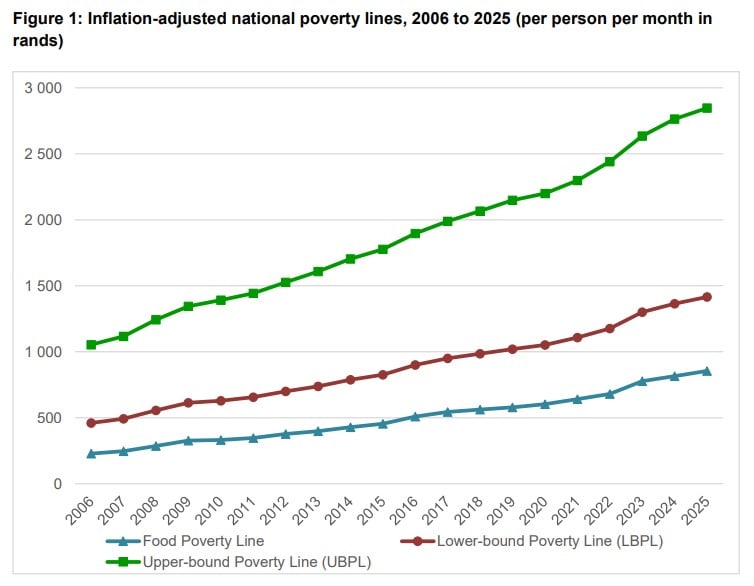CBN Rolls Out Transitional Measures for Select Banks Amid Recapitalisation Push
The Central Bank of Nigeria (CBN) has introduced transitional regulatory measures for a limited number of banks as part of its broader efforts to implement the ongoing recapitalisation program and reinforce stability across the financial system.
In a statement released on Tuesday by the acting Director of Corporate Communications, Sidi Ali, the apex bank emphasized that the Nigerian banking sector remains strong, resilient, and well-capitalized. The new measures, it said, are designed to guide a handful of banks still navigating out of the temporary regulatory relief granted during the COVID-19 pandemic.
“These measures are part of the CBN’s broader, sequenced strategy to implement the recapitalisation programme… designed to align with Nigeria’s long-term growth ambitions,” the statement noted.
According to the CBN, most banks have already met or are on track to meet the new capital requirements, well before the March 31, 2026 deadline. The transitional policies are targeted at institutions that require additional support to meet capital adequacy benchmarks.
Key elements of the transitional plan include:
-
Temporary restrictions on dividend payouts and bonuses
-
Encouragement of retained earnings to boost internal capital growth
-
Time-bound flexibility within Nigeria’s capital framework, consistent with global norms
The CBN reassured stakeholders that these adjustments are standard practice internationally, pointing to similar measures taken by regulators in the U.S., Europe, and other financial hubs following global economic shocks.
“These adjustments reflect a well-established supervisory process… Our capital requirements are even more rigorous than the Basel III global minimums,” the bank noted.
To maintain transparency, the CBN confirmed that it is working closely with affected banks under direct supervisory engagement and continues to provide industry updates via the Bankers’ Committee and other channels.
“These measures are neither unusual nor cause for concern. They form part of a deliberate and structured reform strategy already in motion,” the CBN concluded.
With increased capital inflows and healthier balance sheets already taking shape, the CBN reaffirmed that Nigeria’s banking sector is well-positioned to support inclusive economic growth and long-term national development.










